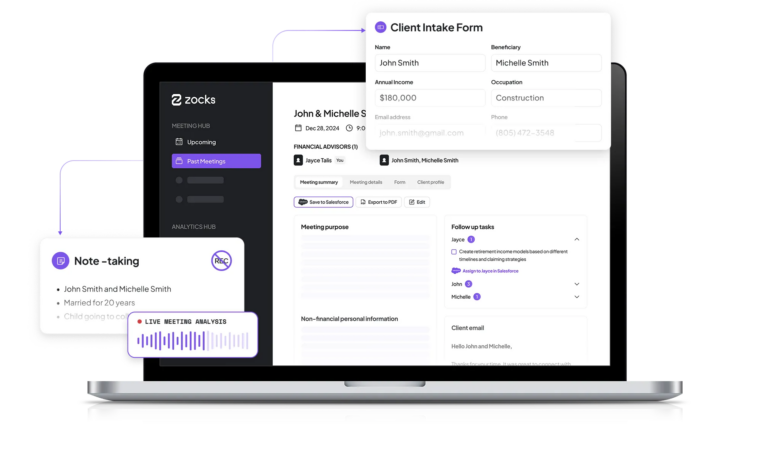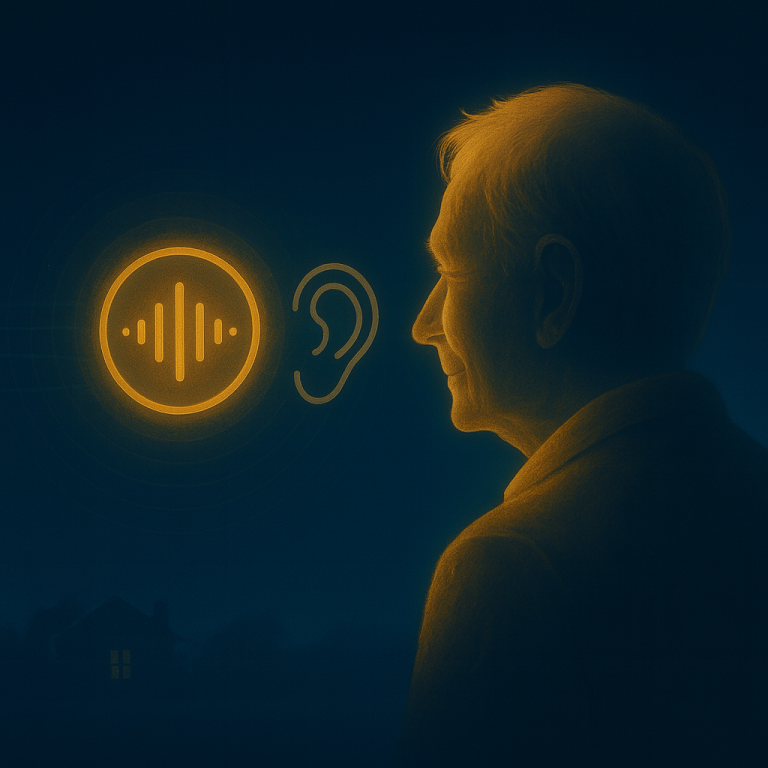
Sensi.ai’s Journey from Point Solution to Operating System
The world’s population is aging rapidly yet most seniors want to remain at home rather than move into retirement facilities. Almost 90% of older adults in the U.S. prefer to age in their own homes, and the home‑care market is projected to exceed $107 billion in 2025. Yet the workforce that underpins this industry is in crisis: around 89% of home‑care providers have had to turn away new clients because they cannot find caregivers, and caregiver turnover in 2024 reached 77%. This “care gap” is exactly the kind of problem that vertical AI industry‑specific systems can potentially solve. Entrée Capital made Vertical AI a core part of its investment themes in 2021 and invested in Sensi shortly thereafter.
Genesis story: safeguarding the vulnerable
Sensi.ai, headquartered in Tel Aviv and Austin, solves this gap. Co‑founder and CEO Romi Gubes founded the company in 2019 after discovering that her infant daughter had been mistreated in daycare. Determined to prevent abuse of the vulnerable, Gubes together with co‑founders Nevo Elmalem and Alon Brener built an audio‑AI system capable of continuously analyzing environmental sounds. Sensi’s HIPAA-compliant technology filters on care-related anomalies, identifying hundreds of crucial insights including cognitive changes, calls for help, UTIs, medication errors, and other “red flag” situations. The team soon realized the technology could address a much larger problem: helping home‑care agencies serve more seniors despite chronic staffing shortages.
Building a care‑intelligence platform
Sensi installs unobtrusive “pods” in clients’ homes that monitor hundreds of indicators related to health and behaviour such as falls, signs of infection or cognitive decline. When anomalies are detected, the system recommends actions for caregivers and families, providing a 360‑degree understanding of a senior’s physical, emotional and cognitive needs. It also provides insights on caregiver‑client interactions, suggesting optimal pairings and offering real-time coaching. The platform helps agencies prioritize workloads, coordinate tasks and identify emerging trends.
This vertical AI wedge has helped Sensi achieve impressive traction. By mid‑2025 the company supported over 80% of the largest U.S. home‑care networks and quadrupled its year-over-year revenue. Customers report dramatic results: an agency using Sensi grew its client base by 88% and increased billable hours by 85%.
Why now?
The company’s journey mirrors the broader vertical‑AI narrative. As AI capabilities matured, Sensi expanded beyond monitoring, launching an agentic suite to support caregivers and rely on fewer human interactions. Its first agent, “Sally the Growth Agent,” automates marketing and demand management. Due to its inherent data moat advantage (thanks to its unique data moat), the next natural addition is “Olly the Ops Agent,” designed to handle repetitive back-office work that agencies neither want nor have time for., These capabilities complete the shift from point solution to full‑stack operating system.
The road ahead
Vertical AI’s promise lies not in replacing humans but in augmenting them. Sensi’s goal is to “unleash growth, productivity, and purpose” for care teams. By delivering constant situational awareness without cameras, enabling context‑aware coaching and streamlining operations, the company aims to help agencies serve more seniors with the same staff and to help older adults age safely at home. The demographic clock and the labor shortage mean the window for such solutions is now; when Sensi succeeds, it will demonstrate how a custom AI platform can transform a fragmented, human‑centric industry into a data‑driven ecosystem.
Having raised nearly $100m to date and recently closing its Series C, the company is the clear leader in its space and so the only question which remains is…
How big will Sensi get?
Related Resources

The SaaS Reckoning: Surviving the AI Token Revolution

Zocks, raises $45m Series B to Expand its Agentic AI for Financial Advisors


